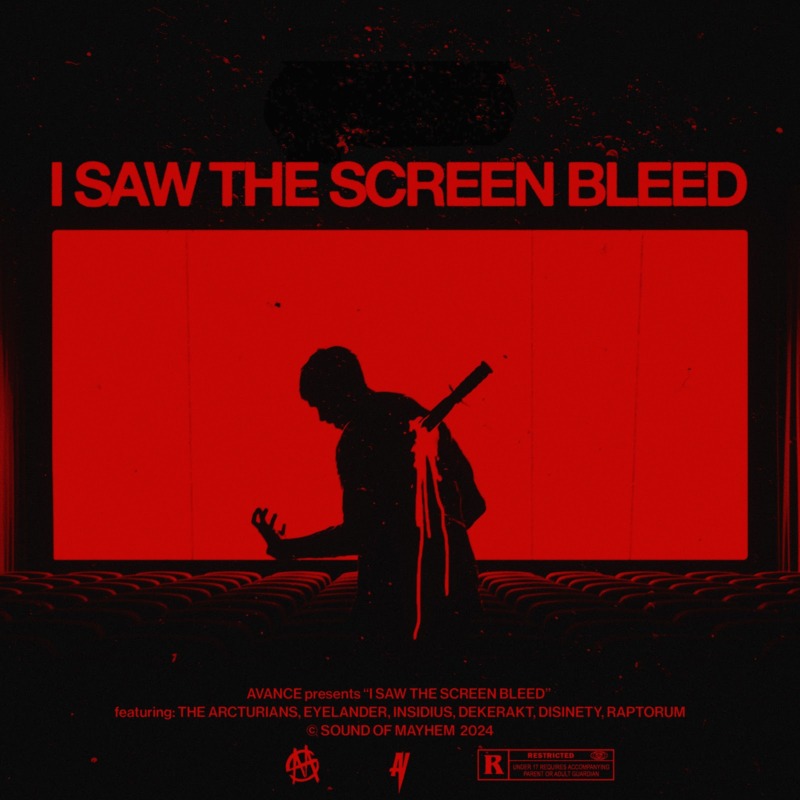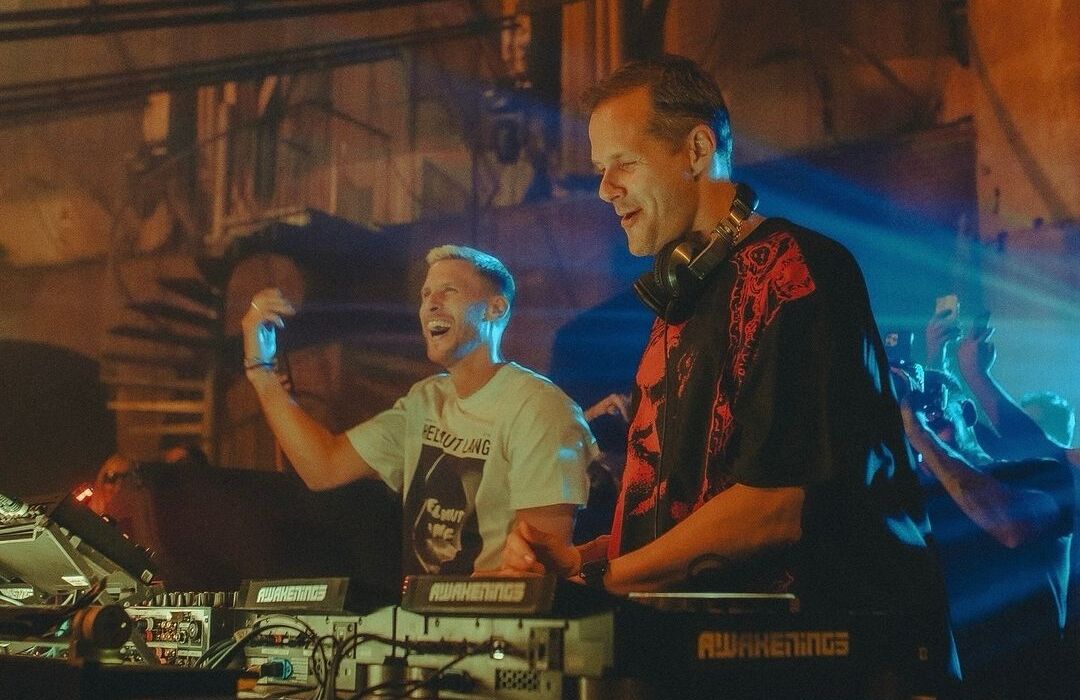Avatar: The Last Airbender debuted in 2005, but its legacy as one of the most thematically rich and morally complex television series aimed at younger audiences remains to this day. As the gold standard of fiction that works for audiences of all ages, right from the get-go, the series introduced audiences to subjects like war, genocide and pacifism that were guarantees of its bravery in tackling mature subject matter.
However, one episode in particular took the series' moral complexity to the next level. The twelfth episode of the series, titled "The Storm," broke the mold when it came to classic portrayals of good and evil, showing how the world of Avatar and the characters that inhabited it were far more complex than they may have seemed until that point.
The first eleven episodes of the series did an admirable job in establishing Avatar's overarching plot and major players. Frozen in an iceberg for the last hundred years, the young Airbender Aang awoke to find the world in disarray following a century of war as the Fire Nation sought to overwhelm the world. Aang's role as the Avatar, the only individual powerful enough to stop such massive forces, thrust him into a quest to master his abilities before the Fire Nation could complete their mission. Hunting Aang down on behalf of the Fire Nation was the banished Prince Zuko, whose scarred visage and violent temperament made him a menacing threat.
For everything the series would become throughout its run and everything fans would remember it for, it's easy to forget that it was not until "The Storm" that the moral complexity that defined the series differentiated its premise from the usual "good vs. evil" binary. This episode saw Aang and his friends faced with a tremendous storm that forced Aang to reflect on the events that led to his suspension in the iceberg, with his reflections paralleling those of Zuko's Uncle Iroh recounting the tale of how Zuko came to be banished. The result is that the heroes and villains and the cultures they represent prove to be a lot more complicated than they may have seemed at first.
Aang's childlike naivete swiftly earned the audience's favor at the start of the series, but it is not until "The Storm" that the viewer learns he actually shirked his duties as the Avatar and tried to run away. Confronted with his elder Air Nomads who tried to accelerate his fulfillment of the role, Aang merely wanted to play games with his friends and pretend the world was normal. In trying to flee from that, he imperiled the world. Far from being lauded universally as a hero, the episode wisely includes the point of view of an average Earth Kingdom citizen to show the multiplicity of perspectives where the Avatar is concerned as he blames Aang for "the last hundred years of war and suffering."
Just as the hero's righteous purity is challenged, the audience also learns that Zuko is more heroic and sympathetic than they previously had reason to imagine. Although the teenager puts on a tough front of obsessively searching for the Avatar, Iroh's story reveals that it was Zuko's urge to speak up in defense of Fire Nation soldiers which first earned him the Agni Kai that scarred him at his father's hands. By the episode's end, Zuko shows the same concern for his crew, prioritizing their safety over his own search for the Avatar. By the episode's end, the hero's flaws are established as the villain's virtues shine, showing that the battle between good and evil is never really so simple.
Previous episodes certainly hinted at such complexity. It was only two episodes prior that "Jet" introduced the ragtag group known as the Freedom Fighters whose rebellion against the Fire Nation threatened innocent lives, showing how there were far more than simply two sides to the hundred-year conflict that ravaged the world. However, showing the complexity of the world and the complexity of the characters are two tremendously different things, and it is not until "The Storm" that the first season of Avatar delves into those depths.
Zuko and Aang went on to have further parallels in their character arcs that prove immensely entertaining throughout the series. But even more importantly, they showcase an important lesson about how rare it is for any situation to be completely black and white. For all its fantastical color and brilliance, in a lot of ways, Avatar was all about the moral grays of the world.
About The Author

